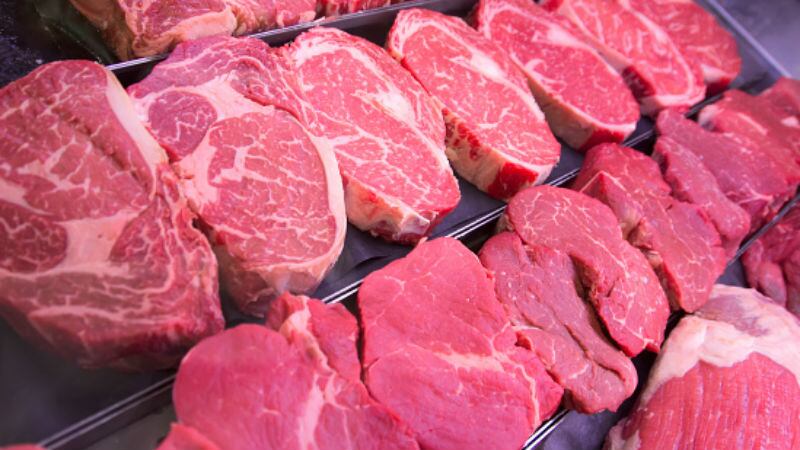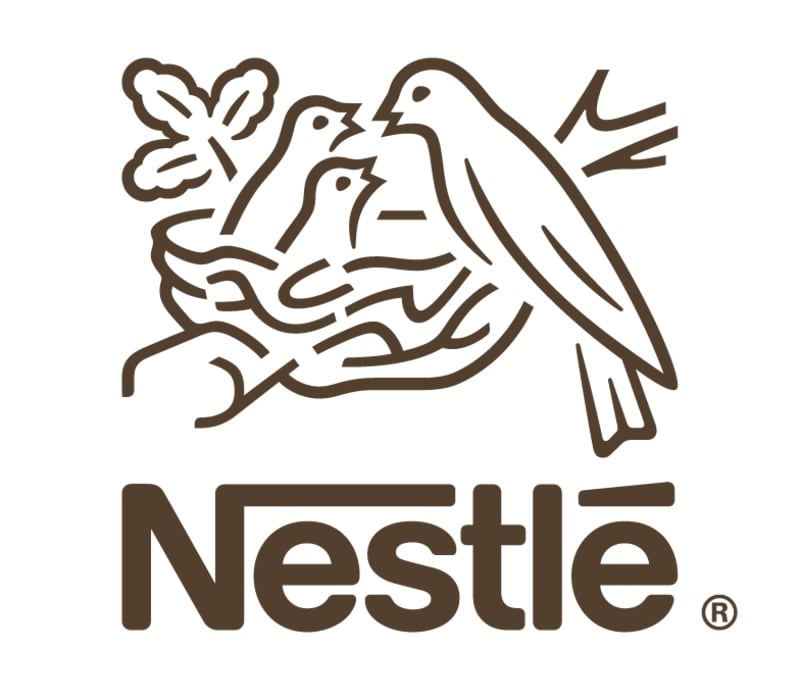The South Korean Ministry of Food and Drug Safety (MFDS) announced its half-year plan for food safety upgrades via the National Food Safety Information Service and consumer-facing Food Safety Korea portal, with various plans centering on stepping up meat-related food safety and hygiene.
“[In January, we will start to look at] expanding the requirements for meat and livestock exporting countries to provide mandatory residual material inspection and test reports,” said MFDS via a published document.
“This will include both inspection results and relevant plans [to conduct testing] for residual materials such as antibiotic residues, pesticide residues and so on, and will also apply to all raw materials as well as final finished/processed products that are being imported into South Korea.”
The use of Hazard Analysis and Critical Control Point (HACCP) certification has also been made mandatory for all meat packaging and processing companies, in addition to drumming up calls for these firms to step up their quality management.
Last year, the country had already made HACCP certification mandatory for all incoming food exports.
“HACCP will be compulsory for firms in the meat packaging and/or processing business – this includes all those involved in the sales of meat that has been cut, shredded, crushed and packaged in a chilled or frozen state without added additives,” said MFDS.
“This implementation will be phased – by 2023 it will apply to all such firms making KRW2bn (US$1.81mn) and above in annual sales, by 2025 it will expand to those making KRW500mn (US$453,000), by 2027 those making KRW100mn (US$90,600), and by 2029 it will also include all such firms making below KRW100mn.
“This is a priority in order to prevent the spread of hemolytic uremic syndrome (hamburger disease), a condition often caused by bacteria-contaminated meat products such as meat patties.”
Hemolytic uremic syndrome is nicknamed hamburger disease as the particular strain of E. coli bacteria that causes it is usually found in undercooked or contaminated red meat. This disease is a form of food poisoning, and usually appears after a gastrointestinal infection – but is much more fatal as it can lead to blood clots in the kidney, causing kidney failure and potentially fatal results.
Hamburger disease fears
Hamburger disease has made South Korean headlines several times over the past few years.
In 2017, McDonald’s was sued by an angry consumer claiming that her four-year-old daughter had contracted the disease from eating a McDonald’s burger (the case was eventually settled with McDonald’s paying for treatment). More recently last year a mass breakout involving 16 kindergarteners, kindergarten staff and family members were hospitalized.
According to separate analysis by the ministry, the term ‘food poisoning’ emerged as one of the most-searched terms on the Food Safety Korea website last year, likely as a result of this latest incident.
“’Food poisoning’ emerged as the fourth-most searched keyword on the website between 20 March and 20 October 2020,” stated a summary document utilizing data from the national Integrated Food Safety Information Network.
“[Based on monthly data], ‘food poisoning was the third most-searched keyword from March to May 2020, and the second most-searched from June to August.”
Given that the hamburger disease outbreak occurred in June 2020, the correlation between the outbreak and consumer concern is clear, so it is no surprise that the government has opted to first focus on implementing tougher control measures for meat and meat products this year to alleviate public fears.





